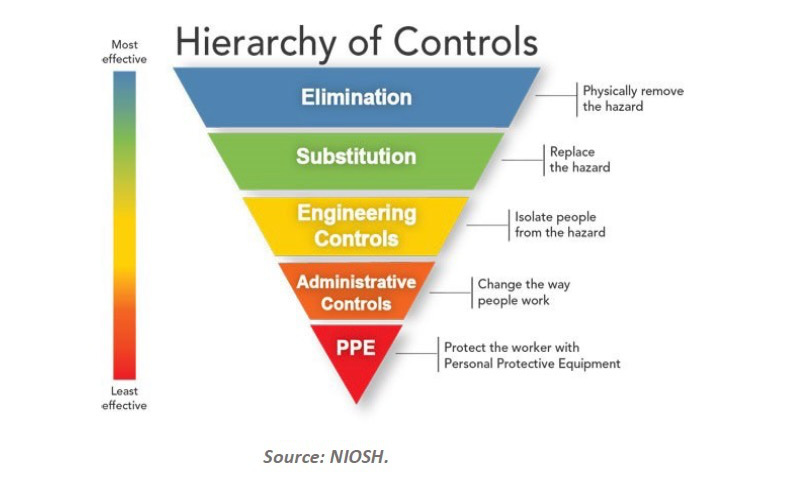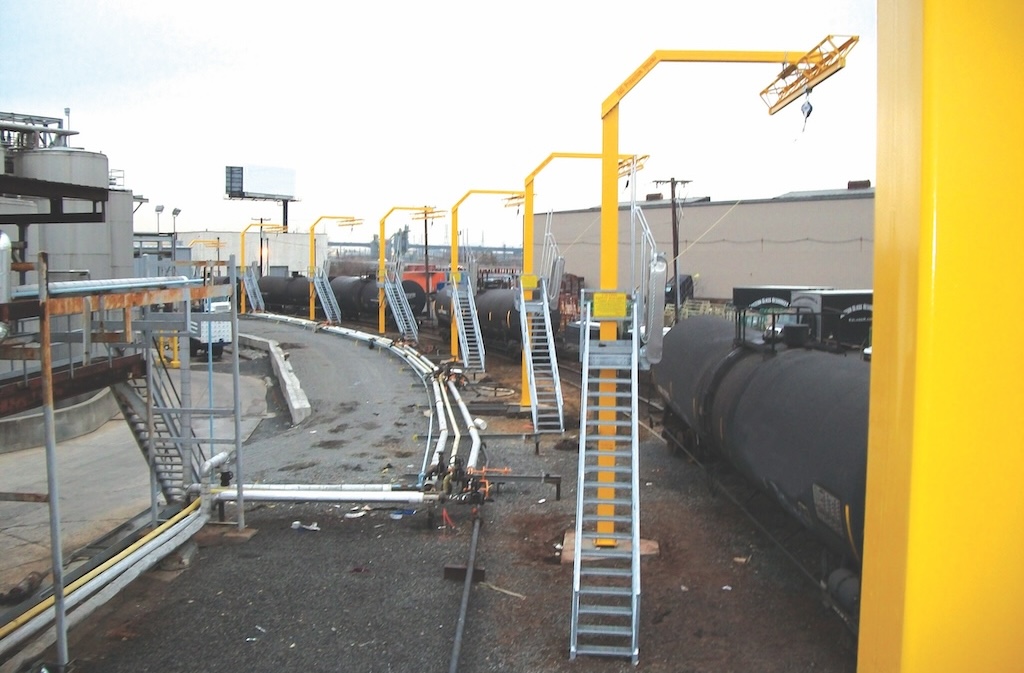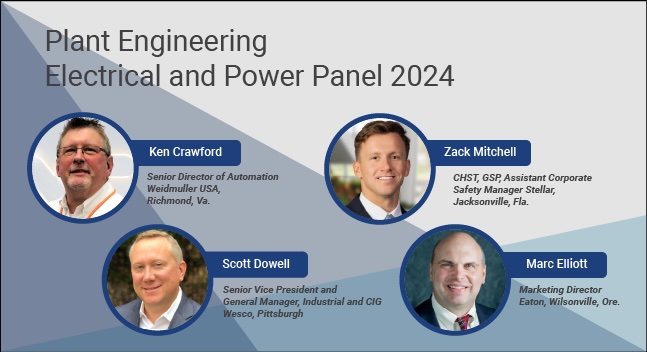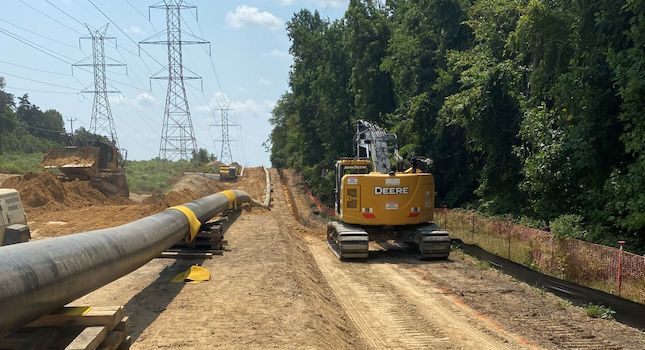FuelCell Energy, Inc., a manufacturer of ultra-clean and efficient electric power generation plants for commercial and industrial customers, has announced that the Japan Institute of Wastewater Engineering Technology has completed a comprehensive review of the DFC300A power plant operating at Seibu Wastewater Treatment Plant, certifying that the product meets or exceeds the independent industry trade group’s examination standards for electrical efficiency, heat recovery efficiency, air emissions and operational stability in anaerobic digester gas applications.
Certification of the Direct FuelCell unit by JIWET was the result of more than a year of testing and evaluation by the group in conjunction with the city of Fukuoka, operator of the Seibu plant; Marubeni Corporation (TSE:8002), FuelCell Energy’s Asian distributor; and Kyushu Electric, one of Japan’s five largest utilities.
JIWET’s certification process reviewed the plant’s electrical efficiency; its exhaust heat recovery; and its ability to reduce atmospheric pollutants like particulate matter, nitrogen oxides and sulfuric oxides. The DFC unit was confirmed to eliminate these air pollutants to levels lower than 1/10 the emissions permissible under Japan’s strict environmental laws.
“Certification from JIWET is an important endorsement of Marubeni’s long-term investment in FuelCell Energy’s products,” said Mamoru Sekiyama, Corporate Vice President and COO of Marubeni Corp. “Direct FuelCell power plants operating on renewable bio gas are economically competitive — since the fuel is free — and they qualify for government support under Biomass Nippon and the RPS Law of 2003. We feel this milestone will help us launch DFC fuel cells in Japan as the preferred ultra-clean, renewable, firm power option.”
Commitments by Japanese companies and governmental organizations to reduce greenhouse gases under the Kyoto Protocols increase the attractiveness of our DFC products. Because traditional fuels for power generation are expensive in Japan, and because DFC units are capable of generating high-efficiency electricity on renewables like ADG, they hold an important competitive advantage in the Japanese market. There are approximately 200 sites in Japan that produce sufficient ADG to generate 250 kW or more of electric generation from DFC power plants.
“ADG is a renewable fuel, meaning our fuel cell products qualify for financial support under Japan’s Renewable Portfolio Standards,” said R. Daniel Brdar, president and CEO of FuelCell Energy. “This reduces the cost of the electricity and opens up other opportunities to sell DFC power plants for reliable and firm, 24/7 electric generation on renewable fuels. JIWET’s certification, which recognizes the economic and environmental advantages of our products for onsite power generation, streamlines the process of selling DFC units into this market for similar applications.”
JIWET was created in 1992 to research, develop, evaluate, promote and improve the utilization of new technologies for sewage treatment facilities in Japan.



